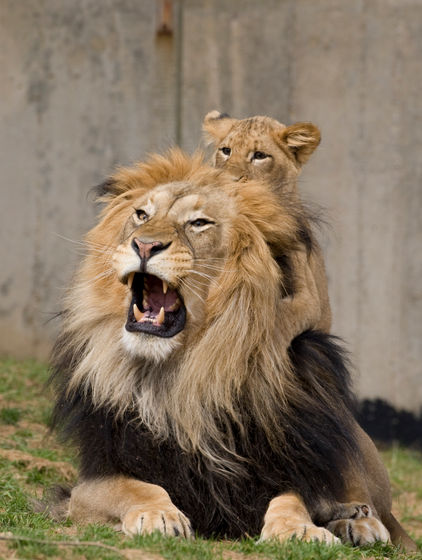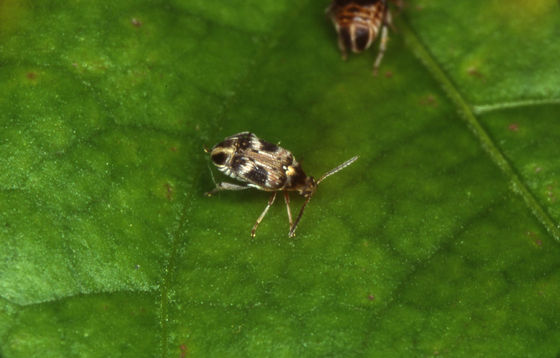Why is it that 'the number of males and females is about the same' even though the more females there are, the more offspring can be increased?

Many sexually reproducing creatures, including humans, have almost the same ratio of males to females. However, it seems that you don't need as many males as you can breed with many females if you have a small number of males. A genetic study of the effects of mutations has answered the question, 'Why are males who cannot give birth as many as females?'
Selection in males purges the mutation load on female fitness --Grieshop --2021 --Evolution Letters --Wiley Online Library
Males help keep populations genetically healthy --Uppsala University, Sweden
https://www.uu.se/en/news/article/?id=17182
Males, sexual selection help keep populations genetically healthy --UPI.com
https://www.upi.com/Science_News/2021/06/28/canada-beetles-males-sexual-selection-genetic-health/8611624886692/
When the number of females of a certain creature decreases, the number of children born also decreases, which may lead to a drastic decrease in the number of individuals or extinction. On the other hand, whether females are fertilized by a small number of males or females by a large number of males, the number of offspring produced by females is almost the same, so unless males are involved in child-rearing, the number of males Should have little to do with offspring.

by
One of the hypotheses that answers this question is that sexual selection may play an important role, but few studies have led to its proof. Therefore, a research team led by Karl Gryshop, an evolutionary biologist at the University of Toronto, Canada, conducted an experiment in which preserved red beans and other insects were repeatedly crossed with the bean weevils known as insects.
In this study, we prepared 16 inbred strains of bean weevils and quantified the effects of mutations on males and females by crossing these strains.

by Charles Fox
As a result of this experiment, when inbreeding is performed by crossing the same strains, both males and females are adversely affected by the mutation, but in the case of outbreeding that occurs in nature, only males are strongly adversely affected. I understand.
According to the research team, the results of this study mean that 'male sexual selection effectively eliminates the adverse effects of mutations.' Similar phenomena have been identified in artificially engineered mutations, but this is the first time they have been identified in naturally occurring mutations during mating.
'We found that harmful mutations adversely affect the reproduction of males and females, but are effectively eliminated from the population by selective action that works more strongly on males than females,' Gryshop said. I told you.
Also, co-author of the treatise, David Berger of Uppsala University, said, 'Male production reduces the fertility of species because males do not contribute more to offspring prosperity than females, so why are females the only creatures? The question was whether they chose male sexual reproduction over sexual reproduction. Our study found that the production of males, which compete fiercely for mating opportunities, allowed the rapid elimination of harmful mutations. Showed that it has higher fertility and healthy genes than asexual reproduction. '
Related Posts:







